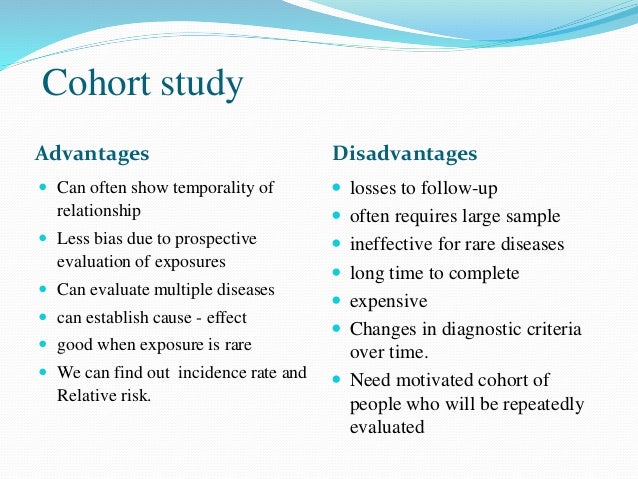

placebo) to see whether the vaccine group has a lower rate of disease. The investigator then tracks all participants, observes who gets the disease that the new vaccine is intended to prevent, and compares the two groups (new vaccine vs.
DEFINE RETROSPECTIVE STUDY TRIAL
For example, in a clinical trial of a new vaccine, the investigator may randomly assign some of the participants to receive the new vaccine, while others receive a placebo shot. In an experimental study, the investigator determines through a controlled process the exposure for each individual (clinical trial) or community (community trial), and then tracks the individuals or communities over time to detect the effects of the exposure. Often, however, epidemiology provides sufficient evidence to take appropriate control and prevention measures.Įpidemiologic studies fall into two categories: experimental and observational.

It has been said that epidemiology by itself can never prove that a particular exposure caused a particular outcome. Epidemiologists use analytic epidemiology to quantify the association between exposures and outcomes and to test hypotheses about causal relationships. Thus, analytic epidemiology is concerned with the search for causes and effects, or the why and the how.

It also guides additional research into the causes of disease. Identifying factors associated with disease help health officials appropriately target public health prevention and control activities.
Circumstance such as living near a toxic waste site. Behavior or act such as smoking or having eaten salsa or. Constitutional factor such as blood group or immune status. Demographic factor such as age, race, or sex. When investigators find that persons with a particular characteristic are more likely than those without the characteristic to contract a disease, the characteristic is said to be associated with the disease. This action was in direct response to the convincing results of the analytic epidemiology, which compared the exposure history of case-patients with that of an appropriate comparison group. Shortly thereafter, the Food and Drug Administration issued an advisory to the public about green onions and risk of hepatitis A. Further investigation of the ingredients in the salsa implicated green onions as the source of infection. Of 133 items on the restaurant’s menu, the most striking difference between the case and control groups was in the proportion that ate salsa (94% of case-patients ate, compared with 39% of controls). The investigators, therefore, also enrolled and interviewed a comparison or control group - a group of persons who had eaten at the restaurant during the same period but who did not get sick. The investigators asked the case-patients which restaurant foods they had eaten, but that only indicated which foods were popular. While the investigators were able to narrow down their hypotheses to the restaurant and were able to exclude the food preparers and servers as the source, they did not know which particular food may have been contaminated. Consider a large outbreak of hepatitis A that occurred in Pennsylvania in 2003.( 38) Investigators found almost all of the case-patients had eaten at a particular restaurant during the 2–6 weeks (i.e., the typical incubation period for hepatitis A) before onset of illness. Labs supporting Ukrainian Scientists is an expansive list of labs and PIs offering support at this time.The key feature of analytic epidemiology is a comparison group. Science for Ukraine provides an overview of labs offering a place for researchers and students who are affected to work from, as well as offers of employment, funding, and accommodation:. Personally, I have found the messages of support from scientists everywhere to be truly heartfelt, and I would like to highlight some of the community initiatives I’ve seen here: We also want to use our platform to highlight the response from the scientific community.







 0 kommentar(er)
0 kommentar(er)
